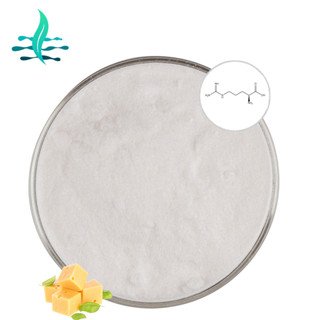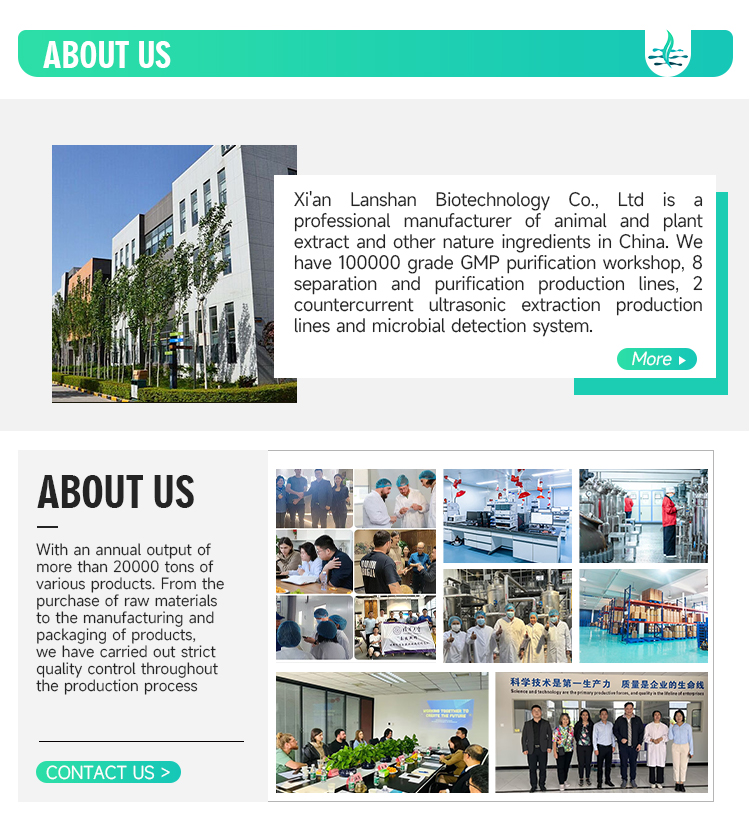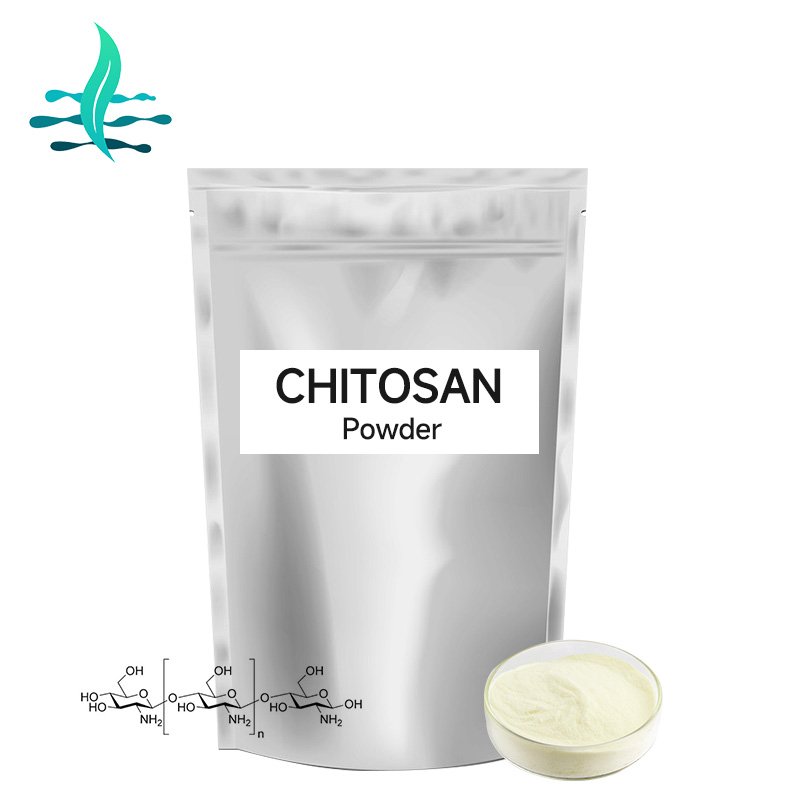Description
Place of Origin:Shaanxi,China
Type:Feed Grade Amino Acids
Efficacy:Feed Preservatives, Promote Healthy & Growth, Promote Nutrition
Other Names:L-LYSINEMONOHYDROCHLORIDE,FCC
MF:C6H14N2O2.CIH
EINECS No.:211-519-9
Model Number:L-Lysine
Product Name:L-Lysine
Appearance:White Powder
Specification:99%,or other specifications
MOQ:1kg/ALUMINUM FOIL BAG
Shelf Life:24 Months
Sample:Avaliable
COA:Available
Test Method:HPLC/UV
Storage:Store in a dark and dry place
Package:1kg/ Bag;25kg/drum
Product Introduction:
L-lysine hydrochloride is an essential amino acid derivative that plays a crucial role in various physiological processes.
Key Features:
- High Purity: Our L-lysine hydrochloride is manufactured with advanced technology and strict quality control, ensuring a purity level of 99% or higher. This high purity guarantees its effectiveness and stability in different applications.
- Solubility: It exhibits excellent solubility in water, making it convenient for formulation and utilization in aqueous solutions. This property allows for easy incorporation into a wide range of products.
- Nutritional Value: As an essential amino acid, L-lysine is vital for the growth and development of the human body. It contributes to the synthesis of proteins, collagen, and enzymes, promoting healthy tissue repair and maintenance.
Applications:
- Dietary Supplements: Commonly added to multivitamin and amino acid blends, L-lysine hydrochloride helps enhance the nutritional profile of supplements.
- Pharmaceutical Industry: Used in the production of certain medications and therapeutic formulations. It may be involved in the treatment of specific medical conditions related to protein metabolism disorders or as an adjunct in wound healing therapies.
- Food Additives: Incorporated into food products to fortify their nutritional content. It can be found in infant formulas, sports drinks, and fortified cereals, among others, to ensure an adequate supply of lysine in the diet.
























